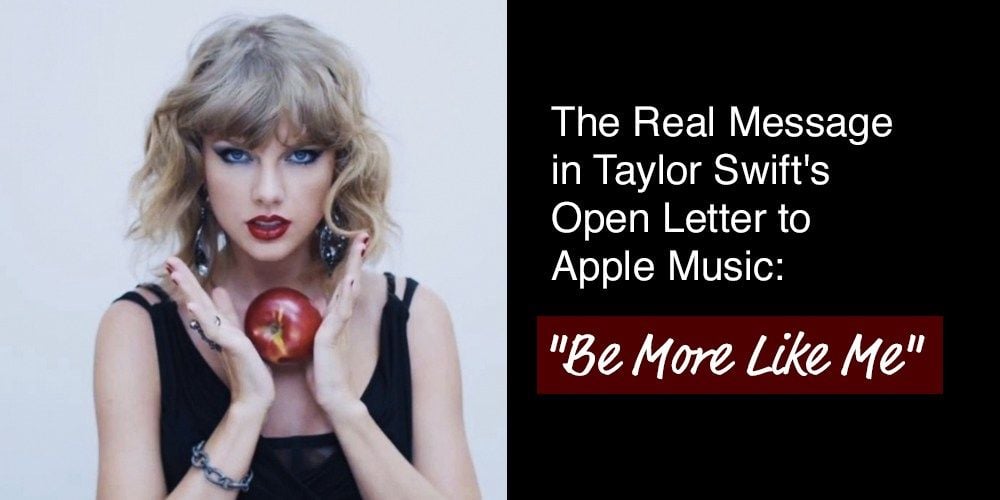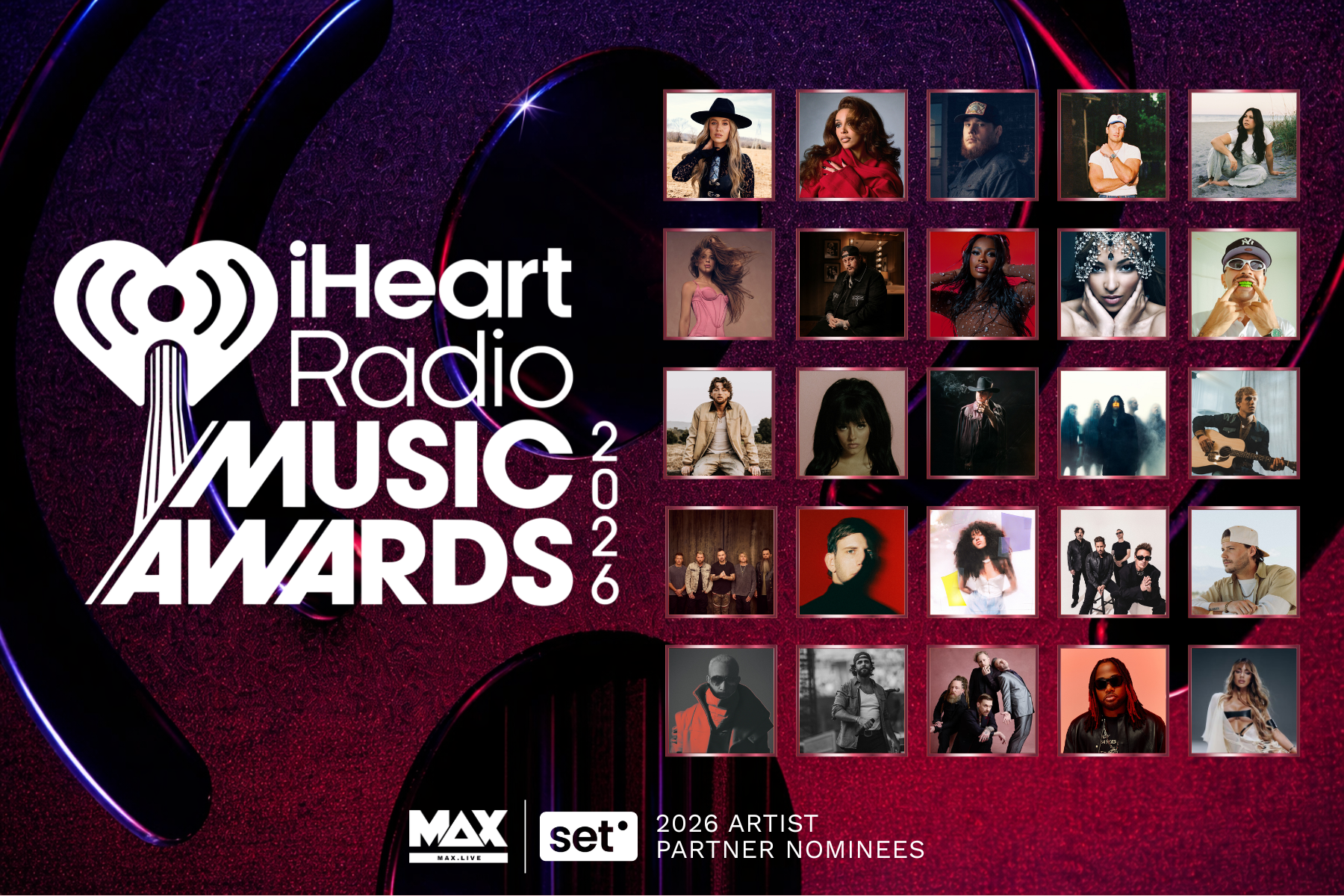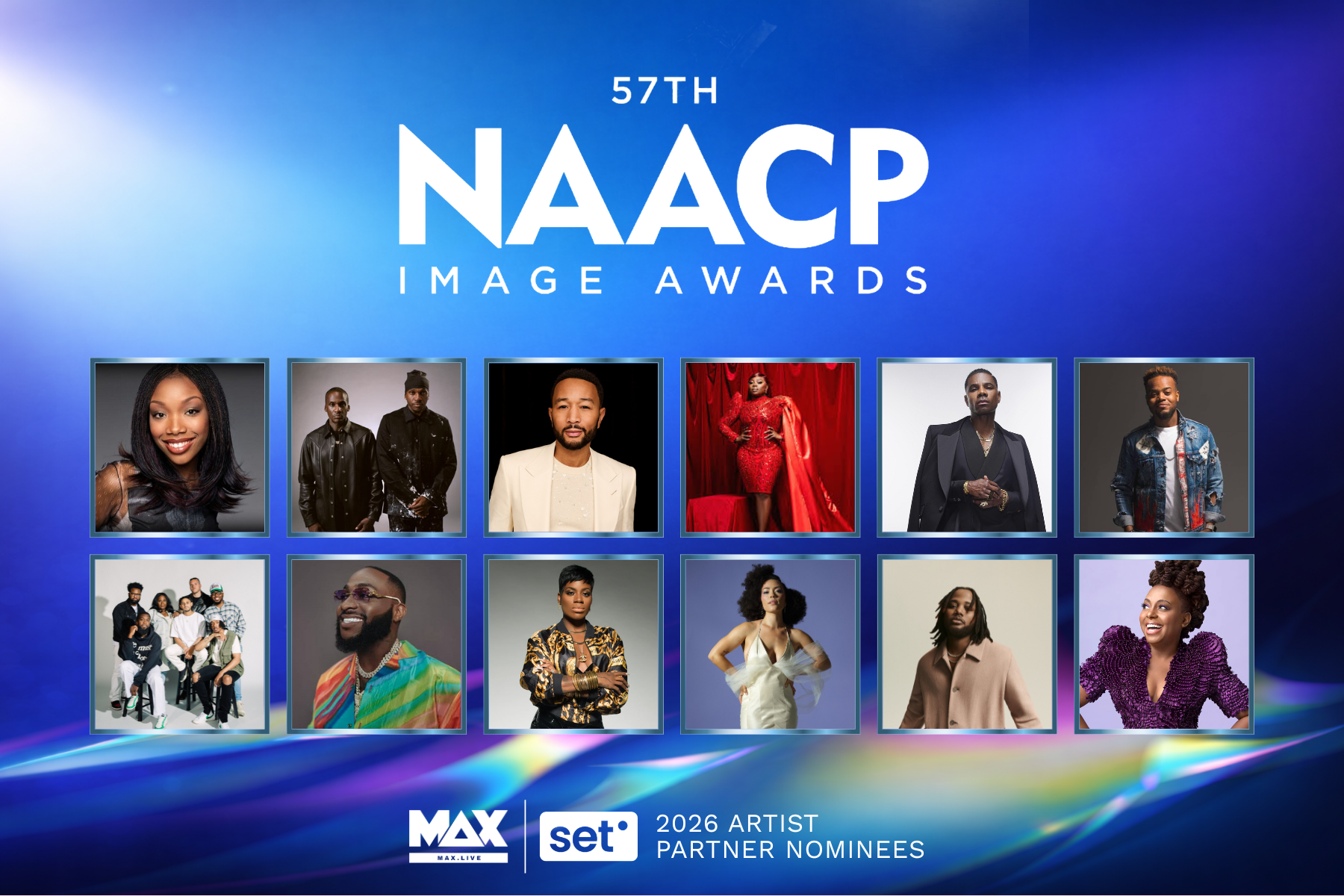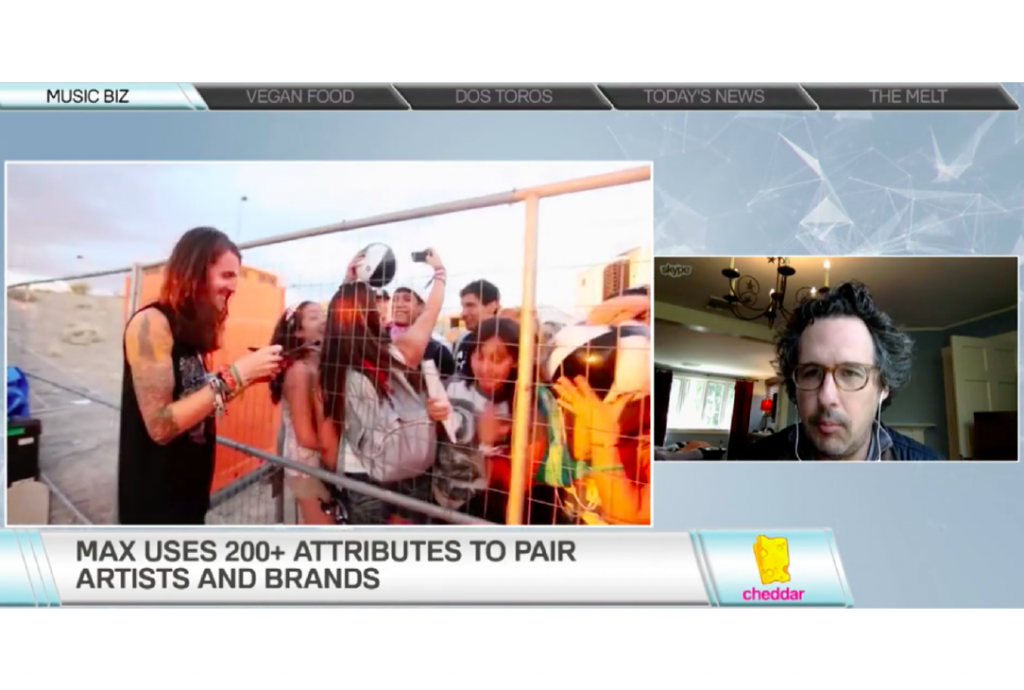2026 Premio Lo Nuestro
Just when I think our artist partners can't get any more awesome...
3 min read
George Howard June 21, 2015

This article was originally published on Forbes.
Taylor Swift is a class act. This is most recently evidenced via her very carefully-worded open letter to Apple regarding “holding back” her newest album from Apple’s imminent music streaming service. Ms. Swift finds Apple’s decision to not pay artists for the three month “trial period” to be “shocking, disappointing, and completely unlike this historically progressive and generous company.”
Ms. Swift creates extraordinary work and is a very savvy marketer. At least in part because of these things, Ms. Swift is able to determine where and at what price her music is sold/streamed. In this way, Ms. Swift is unlike most other musicians who suffer the vagaries of a market that wrongly views their musical works as commodities, and – too often – are unwilling to pay anything for their music.
Apple, of course, also creates extraordinary products and expertly markets them. This has allowed them to charge a premium for their products, while their competitors suffer the price pressures associated with becoming commoditized.
Ms. Swift is too evolved and business savvy to write a letter that bluntly points out that Apple Music should aim higher than the other streaming services, and attempt to do what she herself has done with her own music… and what Apple has done for its non-music products: Create a streaming service that engenders in customers a willingness to pay a premium for it.
I wish Ms. Swift had just said this, because her letter, while articulate and necessary, doesn’t lay it out quite that way. Instead, the points – both overt and implied – are sadly undermined by her statement: “We don’t ask you for free iPhones. Please don’t ask us to provide you with our music for no compensation.”
This type of “logic” – essentially: “people pay for other things, ergo, they should pay for music” – is too often relied upon by musicians in order to express their discontent with respect to perceived inequities regarding compensation.
The problem with this “logic” is that it’s not logic at all. In fact, it falls under the category of a faulty comparison fallacy. That is, people pay for one thing (in this case, iPhones), and therefore they should pay for another thing (a three-month trial); even though there’s no logical connection between the two things being compared.
People have no more of an innate desire to pay for iPhones than they do a three-month music trial. In fact, a simple search for “free mobile phones” reveals that, so long as you are willing to sign up for a two-year contract, AT&T is perfectly happy to “give” you a “free” phone. Not a new iPhone, mind you, but a Samsung or LG or older iPhone.
The problem isn’t that there’s some incongruity between people paying for some things while not paying for another, but rather that Apple – as Ms. Swift states, is comprised of people with “truly ingenious minds that have created a legacy based on innovation and pushing the right boundaries” – has not endeavored to create the same perceived value for their music offering as they have for their other products.
Ms. Swift has every right to be frustrated by this, as she has created massive perceived value in her music; enabling her to avoid the plights of commoditization that has plagued other artists. Apple has generated enormous profits by avoiding the perils of commoditization via innovative product design and marketing. In this manner, they’ve convinced people to pay for something that they could get at a cheaper price or “free.”
Streaming services have not been able to do this. Most customers cannot tell the difference between the various streaming services, and therefore dominantly make their choice based on which is cheapest/what they’re already using.
Ms. Swift, in fact, has previously shown both her status as an artist who has avoided commoditization, and her understanding of how to profit from this status by removing her most recent record from Spotify. Ms. Swift is differentiated enough from other artists that people are actually willing to pay for her music when there is an abundance of “free” music available on Spotify.
Ms. Swift therefore is really asking Apple to step up, not only to Apple’s own standards of creating differentiated products that people are willing to pay for, but to her own standards.
This is right and reasonable. If any company could create value (real or perceived) around music, that company is Apple. The fact that they have instead opted for the same tactics as not only other streaming services, but also companies like AT&T, is truly disappointing.

Just when I think our artist partners can't get any more awesome...

These artists can't stop, won't stop (getting nominated for giant piles of awards)!

The 57th NAACP Image Awards recognizes artists making an impact across music, film, and television. This year’s nominations include 12 MAX/SET artist...

Below is an excerpt of a live interview between Cheddar Media and MAX Co-Founder George Howard. This has been briefly edited and condensed to...

George Howard, Co-Founder and Head of Music at MAX, is an associate professor of music business and management at Berklee College of Music, a top...
.png) Read More
Read More